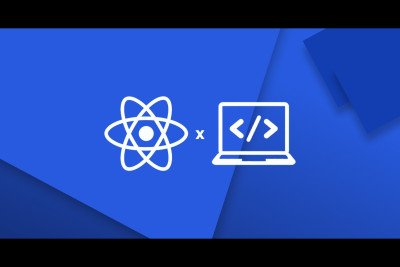Course description
Historical Context
C++ was designed to address the limitations of C, particularly in the areas of code organization and reusability. While C provided a robust foundation for system-level programming with its low-level memory manipulation and straightforward syntax, it lacked constructs for managing larger codebases and complex systems. Stroustrup’s goal with C++ was to introduce object-oriented programming principles—such as encapsulation, inheritance, and polymorphism—into the language while retaining its core performance and system-level capabilities.
Core Features
1. Object-Oriented Programming (OOP): C++ introduces the concept of classes and objects, which allow developers to model real-world entities and their interactions more intuitively. This OOP paradigm helps in organizing code into modular, reusable, and maintainable components.
2. Generic Programming: With templates, C++ enables developers to write code that is both type-safe and reusable. Templates allow for the creation of functions and classes that work with any data type, enhancing flexibility and reducing code duplication.
3. Low-Level Memory Manipulation: Like C, C++ provides direct access to memory through pointers, allowing for fine-grained control over system resources. This feature is crucial for performance-critical applications such as game development and real-time systems.
4. Standard Template Library (STL): The STL is a powerful library that includes a set of template classes and functions, such as containers, iterators, and algorithms. It simplifies complex operations and enhances productivity by providing well-tested, generic solutions.
5. Exception Handling: C++ includes mechanisms for handling errors and exceptional conditions using try, catch, and throw keywords. This feature helps in writing robust and error-tolerant programs.
6. Modern Language Features: Over the years, C++ has evolved to include modern features such as auto type deduction, lambda expressions, smart pointers, and concurrency support. These features streamline coding practices, improve safety, and leverage multi-core processors effectively.
Applications
C++ is widely used across various domains due to its performance and flexibility:
- Systems Programming: C++ is extensively used in developing operating systems, drivers, and other system-level software where performance and direct hardware interaction are critical.
- Game Development: Its ability to manage resources efficiently and its support for complex graphical operations make C++ a preferred choice for high-performance game engines.
- Embedded Systems: The language’s low-level capabilities and fine control over system resources are ideal for programming embedded systems and devices with constrained environments.
- Finance and Trading: C++ is employed in high-frequency trading and financial modeling due to its ability to handle large volumes of data with low latency.
Community and Ecosystem
The C++ community is vibrant and active, with numerous resources available for learners and professionals alike. The language is supported by a wide range of development tools, libraries, and frameworks, enhancing productivity and enabling innovation.










